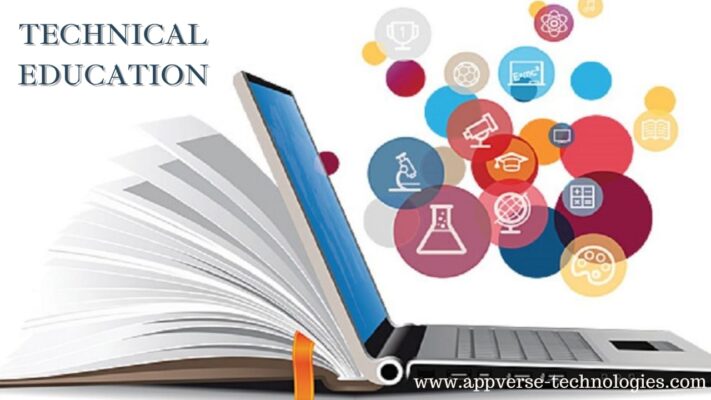
The future of education is at the cusp of a revolutionary transformation, precipitated by the relentless pace of technological advancements and the evolving needs of a rapidly changing world. The traditional paradigm of education, characterized by brick-and-mortar classrooms, chalk-and-talk pedagogy, and standardized assessments, is no longer sufficient to prepare learners for the complexities and challenges of the 21st century.
In the vanguard of this transformation is the integration of technology, which is poised to redefine the very fabric of education. Online learning platforms, powered by artificial intelligence and machine learning algorithms, will enable personalized and adaptive learning experiences, tailored to the unique needs and abilities of each learner. Virtual and augmented reality technologies will transport students to immersive and interactive learning environments, fostering experiential knowledge and skill acquisition.
Furthermore, the proliferation of mobile devices and digital resources will democratize access to education, bridging the gap between urban and rural, privileged and underprivileged learners. The emergence of MOOCs (Massive Open Online Courses) and micro-credentialing platforms will enable learners to acquire skills and knowledge at their own pace, anytime and anywhere, thereby promoting lifelong learning and professional development.
However, this technological revolution also raises critical questions about the role of educators, the integrity of academic credentials, and the digital divide. As AI-powered adaptive learning systems assume some of the responsibilities of human teachers, educators must adapt to new roles as facilitators, mentors, and curators of knowledge. Moreover, the proliferation of online credentials and badges necessitates a re-evaluation of traditional degree requirements and the validation of skills and competencies.
In addition to technological innovations, the future of education must also prioritize the development of essential skills and competencies, such as critical thinking, creativity, collaboration, and emotional intelligence. These skills, often relegated to the periphery of traditional curricula, are crucial for navigating the complexities of a rapidly changing world, where learners must be adept at problem-solving, communication, and adaptability.
Ultimately, the future of education is not a mere extrapolation of existing trends but a deliberate and collective effort to create a more inclusive, equitable, and effective learning ecosystem. It requires a commitment to innovation, experimentation, and continuous improvement, as well as a willingness to confront the challenges and complexities of a rapidly evolving world.
In conclusion, the future of education is a dynamic and uncertain terrain, fraught with challenges and opportunities. As we navigate this uncharted landscape, we must remain steadfast in our commitment to the pursuit of knowledge, the empowerment of learners, and the betterment of society. By harnessing the power of technology, prioritizing essential skills and competencies, and fostering a culture of innovation and collaboration, we can create a future of education that is truly transformative and liberating for all.
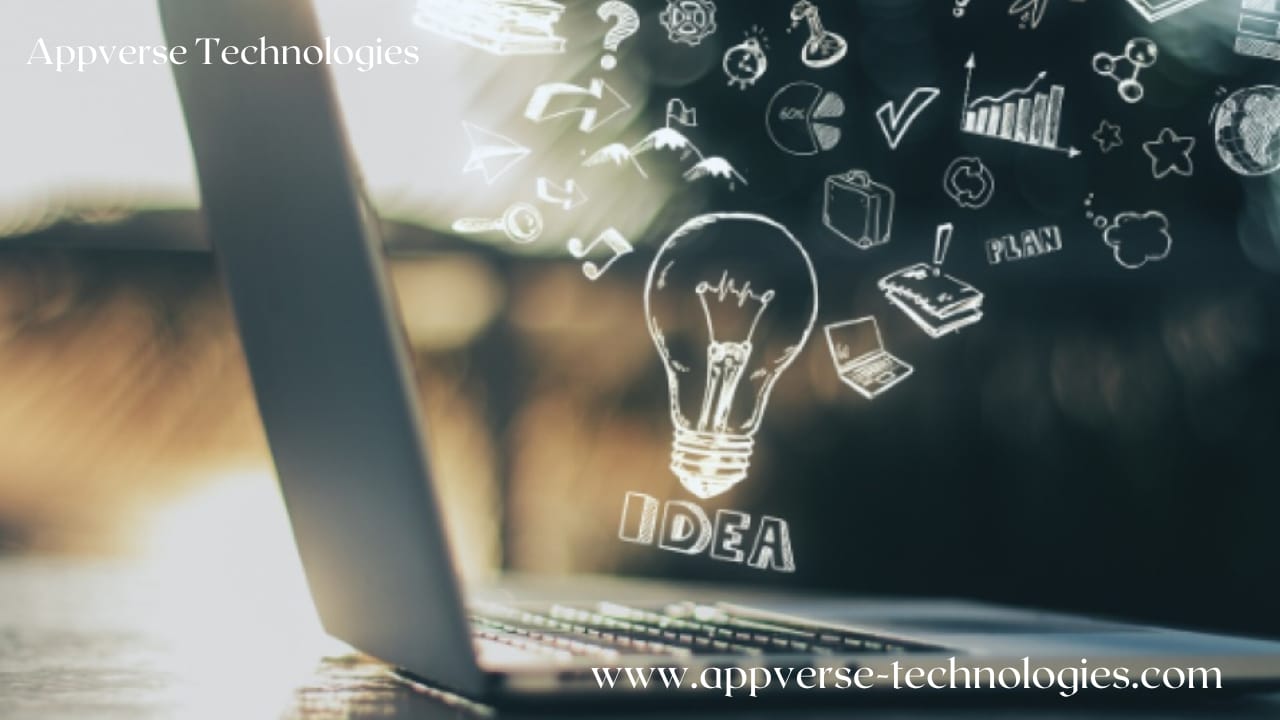
The Future of Education: Navigating the Uncharted Territory of Learning
The future of education is at a crossroads, poised to embark on a transformative journey that will redefine the very fabric of learning. The traditional classroom, once the bastion of knowledge dissemination, is no longer the sole domain of education. The relentless pace of technological advancements, the evolving needs of a rapidly changing world, and the imperative for innovation have converged to create a perfect storm that will reshape the education landscape. In this blog, we will delve into the complexities and challenges of the future of education, exploring the trends, technologies, and innovations that will redefine the art of learning.
The Technological Revolution
Technology has been the catalyst for change in various industries, and education is no exception. The emergence of online learning platforms, powered by artificial intelligence and machine learning algorithms, has enabled personalized and adaptive learning experiences. Virtual and augmented reality technologies have transported students to immersive and interactive learning environments, fostering experiential knowledge and skill acquisition. The proliferation of mobile devices and digital resources has democratized access to education, bridging the gap between urban and rural, privileged and underprivileged learners.
The Rise of Online Learning
Online learning has been gaining traction, with MOOCs (Massive Open Online Courses) and micro-credentialing platforms enabling learners to acquire skills and knowledge at their own pace, anytime and anywhere. This shift has raised critical questions about the role of educators, the integrity of academic credentials, and the digital divide. As AI-powered adaptive learning systems assume some of the responsibilities of human teachers, educators must adapt to new roles as facilitators, mentors, and curators of knowledge.
The Skills Revolution
The future of education must prioritize the development of essential skills and competencies, such as critical thinking, creativity, collaboration, and emotional intelligence. These skills, often relegated to the periphery of traditional curricula, are crucial for navigating the complexities of a rapidly changing world, where learners must be adept at problem-solving, communication, and adaptability.
The Challenges Ahead
The future of education is not without its challenges. The digital divide, the need for teacher training and support, and the imperative for data privacy and security are just a few of the hurdles that must be overcome. Moreover, the proliferation of online credentials and badges necessitates a re-evaluation of traditional degree requirements and the validation of skills and competencies.
Conclusion
The future of education is a dynamic and uncertain terrain, fraught with challenges and opportunities. As we navigate this uncharted territory, we must remain steadfast in our commitment to the pursuit of knowledge, the empowerment of learners, and the betterment of society. By harnessing the power of technology, prioritizing essential skills and competencies, and fostering a culture of innovation and collaboration, we can create a future of education that is truly transformative and liberating for all.
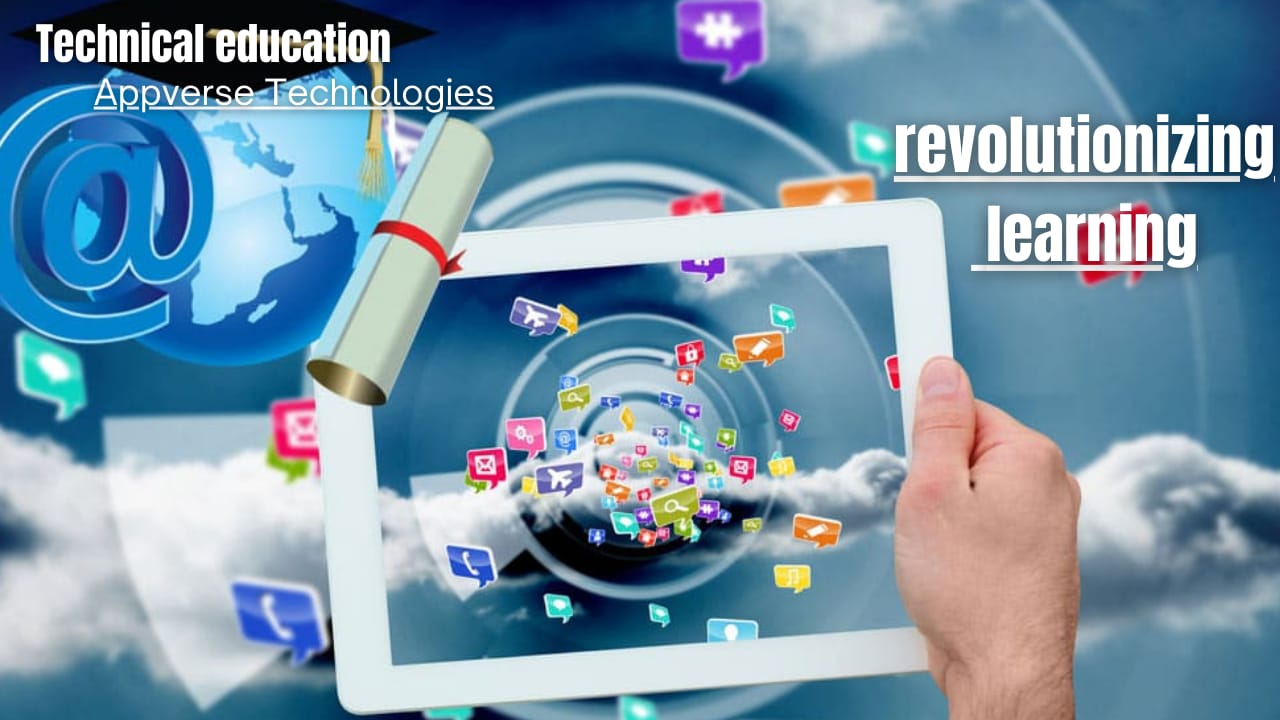
Advanced Education: The Beacon of Hope for a Knowledge-Driven Future
In the rapidly evolving landscape of the 21st century, advanced education has emerged as a critical component of human progress. The exponential growth of technological innovations, the escalating complexity of global challenges, and the imperative for sustainable development have collectively underscored the significance of advanced education as a catalyst for individual and collective success. This essay will delve into the multifaceted dimensions of advanced education, exploring its transformative potential, the challenges it faces, and the innovative solutions that will shape its future.
The Transformative Power of Advanced Education
Advanced education is the pinnacle of academic achievement, representing the pinnacle of human knowledge and intellectual inquiry. It embodies the pursuit of excellence, the spirit of innovation, and the quest for solutions to the most pressing challenges of our time. By fostering critical thinking, creativity, and collaboration, advanced education empowers individuals to navigate the complexities of a rapidly changing world, driving progress and prosperity in the process.
The Challenges Ahead
Despite its transformative potential, advanced education faces numerous challenges that threaten its very fabric. The escalating cost of tuition, the dearth of funding for research, and the paucity of qualified educators have collectively created a perfect storm that imperils the future of advanced education. Moreover, the digital divide, the need for interdisciplinary approaches, and the imperative for lifelong learning have introduced new complexities that demand innovative solutions.
Innovative Solutions for a Sustainable Future
To address these challenges, advanced education must embrace innovation and experimentation. Online and blended learning platforms, powered by artificial intelligence and machine learning algorithms, will democratize access to advanced education, bridging the gap between urban and rural, privileged and underprivileged learners. Interdisciplinary approaches, integrating STEM and humanities, will foster a holistic understanding of complex problems, while lifelong learning platforms will enable individuals to adapt and thrive in a rapidly changing world.
The Role of Technology
Technology will play a pivotal role in shaping the future of advanced education. Virtual and augmented reality technologies will create immersive learning environments, while AI-powered adaptive learning systems will personalize and optimize learning experiences. Moreover, blockchain technology will enable secure and transparent credentialing, while data analytics will facilitate evidence-based decision-making.
The Imperative for Collaboration
Advanced education is a collective endeavor, requiring collaboration and partnership among educators, researchers, policymakers, and industry leaders. By fostering a culture of innovation and experimentation, we can create a sustainable future for advanced education, empowering individuals and communities to thrive in a rapidly changing world.
Conclusion
Advanced education is the beacon of hope for a knowledge-driven future, representing the pinnacle of human achievement and the catalyst for progress and prosperity. By embracing innovation, experimentation, and collaboration, we can overcome the challenges that imperil its future, creating a sustainable and inclusive ecosystem that empowers individuals and communities to thrive. As we navigate the complexities of the 21st century, let us remain steadfast in our commitment to advanced education, harnessing its transformative power to shape a brighter future for all.
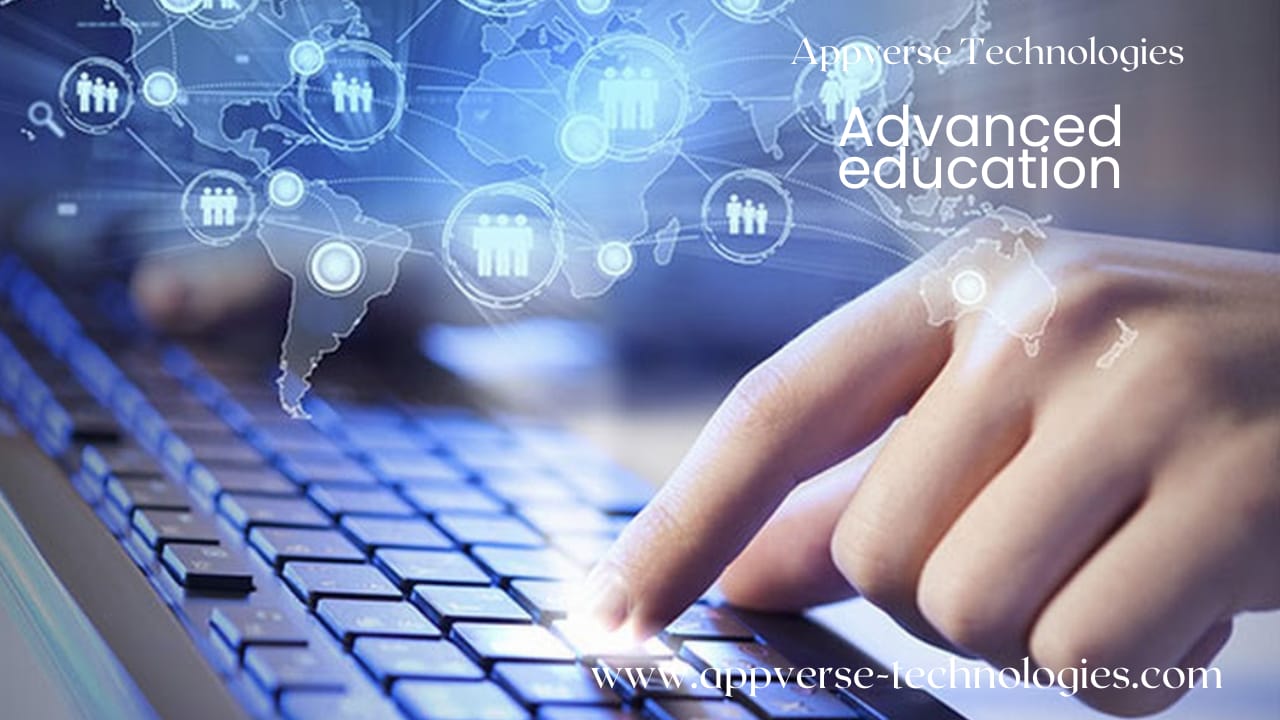
Technical Education: The Backbone of Economic Prosperity and Sustainable Development
In the rapidly evolving landscape of the 21st century, technical education has emerged as a critical component of human progress, economic prosperity, and sustainable development. The exponential growth of technological innovations, the escalating complexity of global challenges, and the imperative for skilled workforce have collectively underscored the significance of technical education as a catalyst for individual and collective success. This essay will delve into the multifaceted dimensions of technical education, exploring its transformative potential, the challenges it faces, and the innovative solutions that will shape its future.
The Transformative Power of Technical Education
Technical education is the cornerstone of economic prosperity, empowering individuals with the skills and knowledge necessary to drive innovation, productivity, and growth. By fostering technical expertise, critical thinking, and problem-solving abilities, technical education enables individuals to navigate the complexities of a rapidly changing world, addressing the most pressing challenges of our time. From engineering and technology to healthcare and renewable energy, technical education has the potential to transform lives, communities, and nations.
The Challenges Ahead
Despite its transformative potential, technical education faces numerous challenges that threaten its very fabric. The escalating cost of tuition, the dearth of funding for research, and the paucity of qualified educators have collectively created a perfect storm that imperils the future of technical education. Moreover, the digital divide, the need for continuous skill acquisition, and the imperative for interdisciplinary approaches have introduced new complexities that demand innovative solutions.
Innovative Solutions for a Sustainable Future
To address these challenges, technical education must embrace innovation and experimentation. Online and blended learning platforms, powered by artificial intelligence and machine learning algorithms, will democratize access to technical education, bridging the gap between urban and rural, privileged and underprivileged learners. Interdisciplinary approaches, integrating technical and soft skills, will foster a holistic understanding of complex problems, while lifelong learning platforms will enable individuals to adapt and thrive in a rapidly changing world.
The Role of Industry and Government
Industry and government must play a pivotal role in shaping the future of technical education. Collaboration and partnership between educators, researchers, policymakers, and industry leaders will facilitate the development of demand-driven curricula, addressing the skills gap and fostering innovation. Moreover, investment in research and development, infrastructure, and scholarship programs will ensure that technical education remains accessible, affordable, and inclusive.
The Imperative for Sustainability
Technical education must prioritize sustainability, addressing the environmental, social, and economic challenges that imperil our planet. By integrating green technologies, renewable energy, and sustainable practices into curricula, technical education can empower individuals to drive sustainable development, mitigating climate change and ensuring a livable future.
Conclusion
Technical education is the backbone of economic prosperity and sustainable development, representing the catalyst for individual and collective success. By embracing innovation, experimentation, and collaboration, we can overcome the challenges that imperil its future, creating a sustainable and inclusive ecosystem that empowers individuals and communities to thrive. As we navigate the complexities of the 21st century, let us remain steadfast in our commitment to technical education, harnessing its transformative power to shape a brighter future for all.
Technology is revolutionizing
learning at an unprecedented pace, transforming the traditional classroom experience into a dynamic, interactive, and personalized journey. The integration of technology in education has opened up new avenues for learners, educators, and institutions, offering unparalleled opportunities for growth, innovation, and success.
Firstly, technology has made learning more accessible and inclusive, bridging the gap between urban and rural, privileged and underprivileged learners. Online learning platforms, mobile devices, and digital resources have enabled learners to access high-quality educational content, connect with educators and peers, and engage in collaborative learning experiences, regardless of their geographical location or socio-economic background.
Secondly, technology has enabled personalized learning, catering to the unique needs, abilities, and learning styles of individual learners. Adaptive learning systems, powered by artificial intelligence and machine learning algorithms, adjust the difficulty level, content, and pace of learning to suit the learner’s progress, skills, and knowledge gaps. This tailored approach ensures that learners receive targeted support, guidance, and challenges, maximizing their potential and outcomes.
Thirdly, technology has facilitated interactive and immersive learning experiences, making education more engaging, enjoyable, and effective. Virtual and augmented reality technologies transport learners to simulated environments, enabling them to explore complex concepts, visualize data, and develop practical skills in a safe, controlled, and experiential setting. Gamification, multimedia, and social media tools further enhance learner engagement, motivation, and participation, fostering a sense of community, creativity, and critical thinking.
Fourthly, technology has streamlined assessment, feedback, and evaluation processes, enabling educators to track learner progress, identify knowledge gaps, and provide timely interventions. Digital portfolios, learning analytics, and data visualization tools offer valuable insights into learner behavior, performance, and growth, helping educators refine their teaching methods, curricula, and instructional strategies.
Fifthly, technology has enabled seamless communication, collaboration, and knowledge-sharing among learners, educators, and experts worldwide. Social media platforms, online forums, and professional networks facilitate the exchange of ideas, resources, and best practices, promoting a culture of openness, transparency, and continuous learning.
Lastly, technology has prepared learners for the future of work, equipping them with the skills, competencies, and mindset necessary to succeed in an increasingly complex, automated, and interconnected world. By integrating technology into education, learners develop essential skills like digital literacy, problem-solving, critical thinking, creativity, and collaboration, positioning them for success in a rapidly evolving job market.
In conclusion
technology is revolutionizing learning, offering unprecedented opportunities for learners, educators, and institutions to innovate, adapt, and thrive. By harnessing the power of technology, we can create a more inclusive, personalized, interactive, and effective learning ecosystem, preparing learners for success in an ever-changing world.
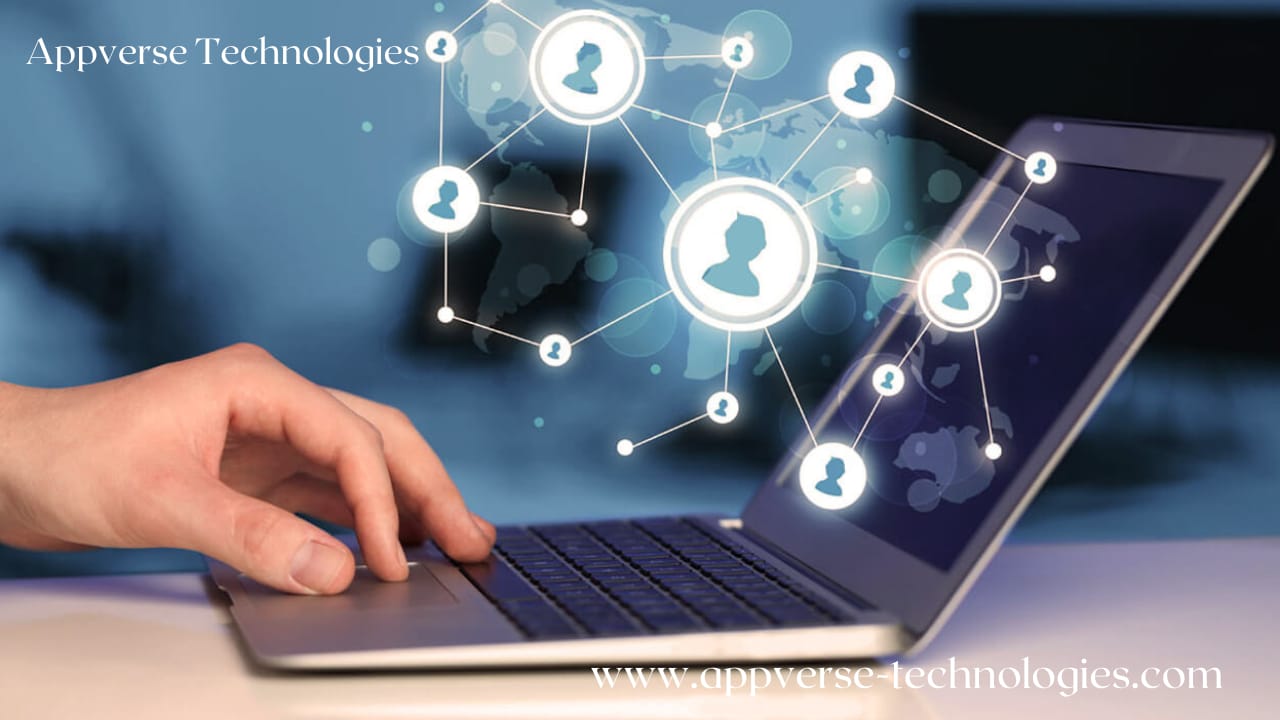
Revolutionizing Learning: How Technology is Transforming Education
The world of education is undergoing a significant transformation, and technology is at the forefront of this change. The traditional classroom setup, where a teacher lectures and students take notes, is no longer the only way to learn. Technology has opened up new avenues for learning, making it more accessible, inclusive, and effective. In this blog, we will explore the ways in which technology is revolutionizing learning and transforming the education landscape.
Accessibility and Inclusivity
Technology has made learning more accessible and inclusive, bridging the gap between urban and rural, privileged and underprivileged learners. Online learning platforms, mobile devices, and digital resources have enabled learners to access high-quality educational content, connect with educators and peers, and engage in collaborative learning experiences, regardless of their geographical location or socio-economic background.
Personalized Learning
Technology has enabled personalized learning, catering to the unique needs, abilities, and learning styles of individual learners. Adaptive learning systems, powered by artificial intelligence and machine learning algorithms, adjust the difficulty level, content, and pace of learning to suit the learner’s progress, skills, and knowledge gaps. This tailored approach ensures that learners receive targeted support, guidance, and challenges, maximizing their potential and outcomes.
Interactive and Immersive Learning
Technology has facilitated interactive and immersive learning experiences, making education more engaging, enjoyable, and effective. Virtual and augmented reality technologies transport learners to simulated environments, enabling them to explore complex concepts, visualize data, and develop practical skills in a safe, controlled, and experiential setting. Gamification, multimedia, and social media tools further enhance learner engagement, motivation, and participation, fostering a sense of community, creativity, and critical thinking.
Streamlined Assessment and Feedback
Technology has streamlined assessment, feedback, and evaluation processes, enabling educators to track learner progress, identify knowledge gaps, and provide timely interventions. Digital portfolios, learning analytics, and data visualization tools offer valuable insights into learner behavior, performance, and growth, helping educators refine their teaching methods, curricula, and instructional strategies.
Global Connectivity and Collaboration
Technology has enabled seamless communication, collaboration, and knowledge-sharing among learners, educators, and experts worldwide. Social media platforms, online forums, and professional networks facilitate the exchange of ideas, resources, and best practices, promoting a culture of openness, transparency, and continuous learning.
Preparing for the Future of Work
Technology has prepared learners for the future of work, equipping them with the skills, competencies, and mindset necessary to succeed in an increasingly complex, automated, and interconnected world. By integrating technology into education, learners develop essential skills like digital literacy, problem-solving, critical thinking, creativity, and collaboration, positioning them for success in a rapidly evolving job market.
Conclusion
Technology is revolutionizing learning, offering unprecedented opportunities for learners, educators, and institutions to innovate, adapt, and thrive. By harnessing the power of technology, we can create a more inclusive, personalized, interactive, and effective learning ecosystem, preparing learners for success in an ever-changing world. As we embrace this transformation, we must prioritize equity, access, and digital literacy, ensuring that all learners can benefit from the opportunities that technology provides.
